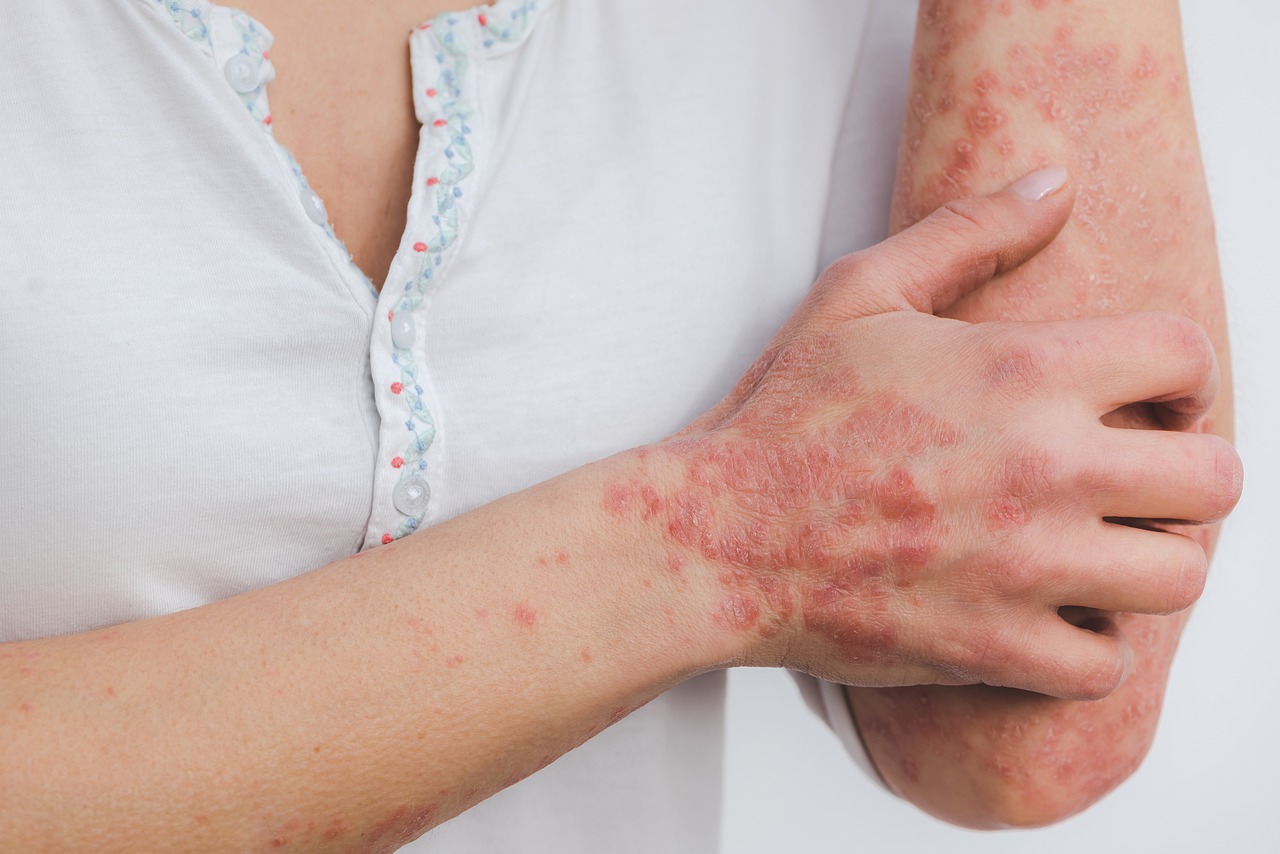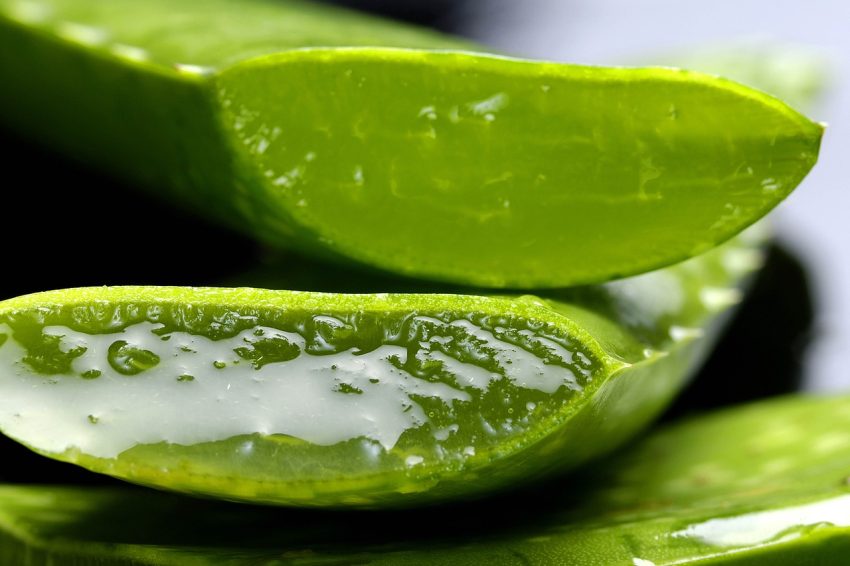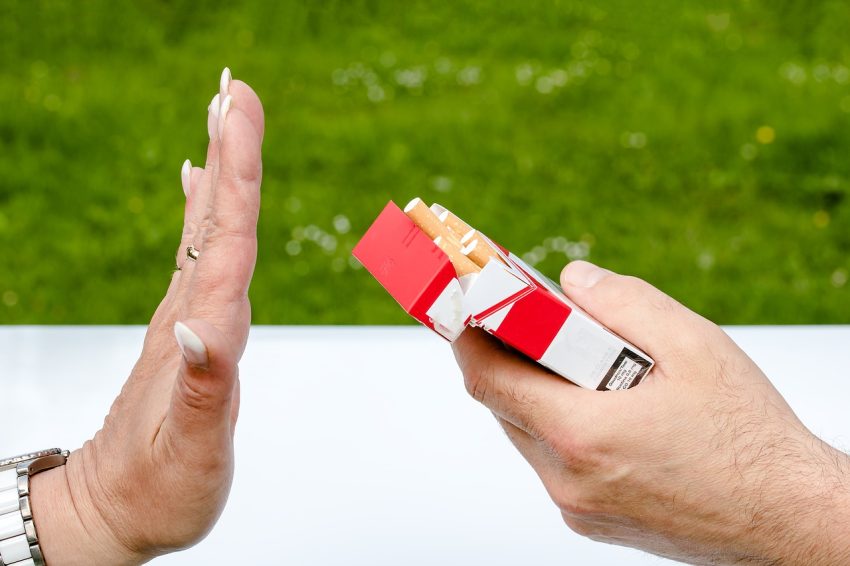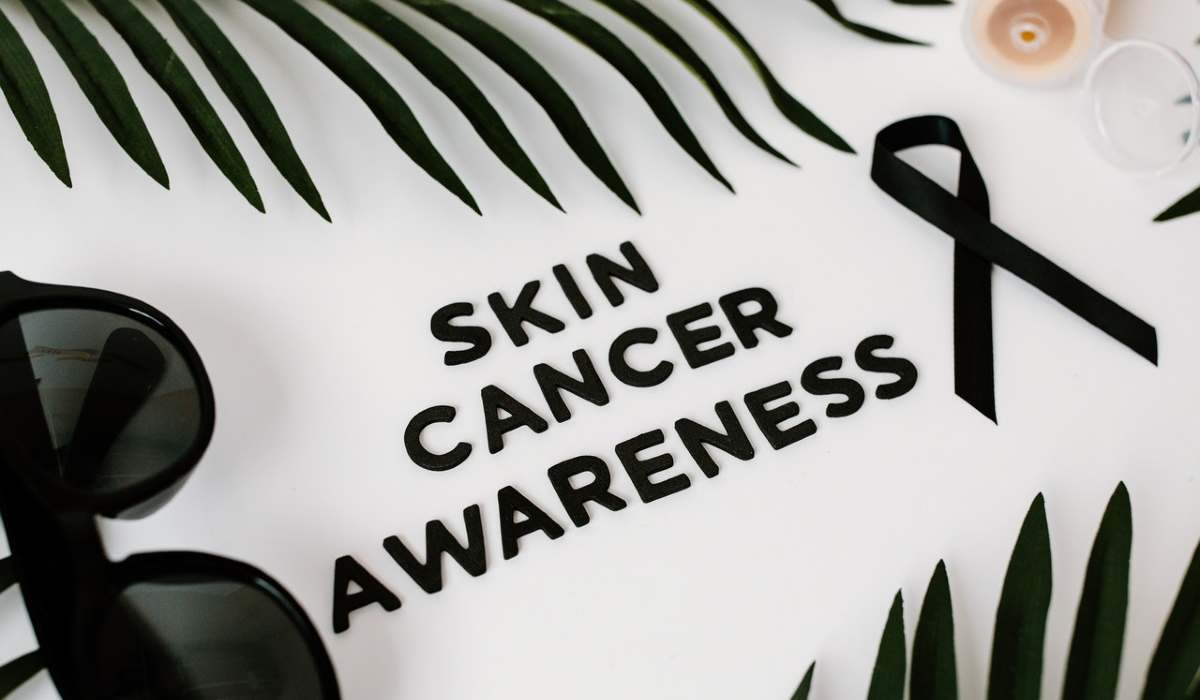Changes in our skin as we age are inevitable, including loss of moisture, changes in…

11 Simple Yet Effective Steps for Controlling Psoriasis
Most people would probably agree with the adage that beauty is more than skin deep. But for those who struggle with a visible skin abnormality, self-confidence often takes a significant, damaging hit.
One of the more common examples of this is psoriasis, which affects around 125 million people worldwide. Or in other words, up to 3% of the entire global population.
Most cases of psoriasis are fairly minor in nature, and experts do not consider the condition dangerous in its own right. But when psoriasis appears on a visible part of your body, it can be tough to take pride in your appearance.
Further complicating the issue, scientists still do not fully understand the causes of psoriasis. Nor are there universally effective treatments that work on all forms of the condition. But what we do know is that it is closely connected with the immune system. And we also know there are known triggers that can exacerbate the condition.
It all sounds rather scary, doesn’t it? We don’t know what causes it and we can’t offer you a solution through modern medical science. It’s no case of rosacea that can be lasered away (though the two conditions are often enough mixed up).
The good news is this: extensive scientific and anecdotal evidence suggests that a wide variety of simple everyday lifestyle changes can make a real difference.
Yes, every case of psoriasis is unique. But each of the following 11 steps has proved effective in preventing flare-ups and controlling the condition. We hope this helps if you’re suffering.
1. Dry Skin Prevention
Preventing the skin from becoming dry and irritated in the first place can be a significant help. Psoriasis tends to flare up more aggressively where skin is dry, cracked and irritated. As the seasons change, this becomes even more crucial to watch out for.
You may be able to prevent outbreaks of psoriasis by keeping your skin moisturised at all times. This may not always work to completely stave off an outbreak, but it’s a great first, easy measure to take. And it will, at the very least, reduce the severity if/when an outbreak does occur.
Most dermatologists recommend psoriasis patients use moisturising products designed specifically for use on sensitive skin.
2. Daily Dietary Supplementation
There is also evidence to suggest that certain types of everyday supplements can help bring psoriasis under control. Look to vitamin D, omega-3, and evening primrose oil – all of these are regularly recommended by dermatologists. However, it is important to consult with your doctor before beginning a course of supplementation, to ensure they are suitable for you.
3. Use Aloe Vera
A 2010 study found that the use of moisturisers with a high aloe vera content could prove more effective in treating psoriasis than prescription steroid creams.
This only proved true for some patients, however, it highlights the potential effectiveness of this 100% natural product. Aloe vera also has almost no associations with potential side effects or allergic reactions, therefore, is safe for most patients with psoriasis.
4. Eat a Healthy Diet
There are also several simple dietary adjustments that could make a collective improvement to overall skin health. Reducing your intake of refined sugars, saturated fats, red meat, and alcohol have all been linked with fewer psoriasis flare-ups.
The same is true with increasing your intake of seeds, nuts, fruits, vegetables, and healthy forms of protein. Olive oil is also associated with improved skin health – both when consumed on a regular basis and when used as an all-natural topical.
5. Avoid Synthetic Fragrances
One of the most common causes of skin allergy and sensitivity flair-ups is the synthetic fragrances used in most conventional skincare products.
Most soaps, toners, lotions, creams, and gels contain a long list of chemicals used to give them their often-overpowering fragrances. Switching to fragrance-free or 100% natural products could make a significant difference to the severity of your psoriasis. Again, ideally choose those made specifically for sensitive skin.
6. Take Cooler Baths
When struggling with a condition like psoriasis, the temptation to take long and overly hot baths is understandable. But while this may bring temporary relief at the time, hot water can further irritate your skin.
It is, therefore, better to bring the temperature of the water down a few degrees. You should be aiming for water that is comfortably warm but not hot. Epsom salts and other specialist products for soaking sensitive skin may also prove helpful, though should be chosen with the guidance of a suitably qualified professional.
7. Consider Light Therapy
Many cases of psoriasis have been found to respond positively to light therapy. This is where a doctor or dermatologist uses ultraviolet light is to target specific areas of the skin.
Sessions typically last between 10 and 15 minutes and are offered as a course over a period of several months. You can achieve a similar effect with careful sun exposure (and appropriate SPF); careful though, as too much sun can exacerbate issues with psoriasis.
8. Bring Stress Levels Under Control
Since psoriasis is considered closely connected to the immune system, anything that can affect immune health could worsen psoriasis. Stress is known to take a major toll on the body’s natural defences. It’s why you’re far more likely to become ill if you are stressed and rundown.
Make the effort to bring your everyday stress levels under control. This can help to prevent or reduce the severity of psoriasis flare-ups.
9. Avoid Alcohol
Research suggests that alcohol is one of the most common triggers of flair-ups among those who suffer from psoriasis. Some studies suggest that moderate to heavy drinkers can be up to twice as likely to develop psoriasis as non-drinkers.
This suggests that reducing alcohol consumption (or cutting it out entirely) could be effective in bringing psoriasis under control. All while giving your immune system a boost for stronger natural defences.
10. Stop Smoking
Tobacco has long been associated with an elevated risk of psoriasis. Smoking has a devastating effect on health and wellbeing, making it difficult for the body to perform its essential processes efficiently. Along with a heightened risk of psoriasis, smokers face a higher risk of cardiovascular disease and various types of cancer. If you have attempted to quit smoking unsuccessfully in the past, consult with your doctor for advice.
11. Maintain a Healthy Weight
Being clinically obese or overweight increases your risk of suffering from psoriasis. While skin conditions are by no means exclusive to those with a high BMI, conditions like psoriasis are more common among overweight adults.
Again, your doctor will be able to provide you with the advice and support you need, if you have unsuccessfully attempted to lose weight in the past.
Final Word…
Before attempting any of the above, it is important to consult with a qualified dermatologist or doctor. You may be able to bring your psoriasis under control with a few simple lifestyle changes, instead of professional treatment or medication.






